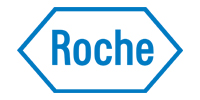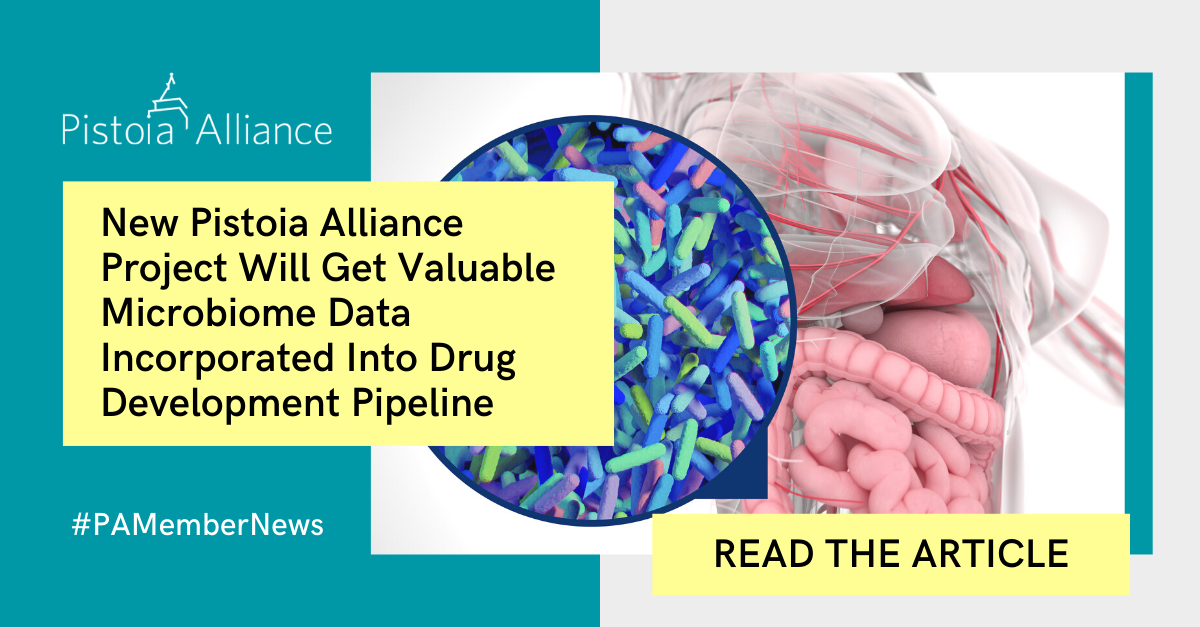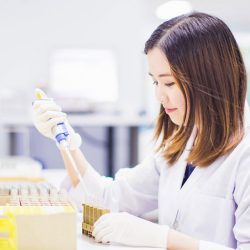Why is this important?
The same drug or dietary supplement can behave differently in different people. This is in part due to the difference in the genome between individuals and it is also increasingly evident that this is caused, in part, by the different microbiome within individuals.
If we are to achieve the health care objective of precision medicine then a greater understanding of this interaction is required.
- The microbiome has a profound impact on drug behaviour in an individual
- This projects allows for data pooling from different organisations, an elegant and difficult pre-competitive activity
- Better understanding of the microbiome will lower barriers to R&D innovation
What will the project achieve?
The project will be conducted in three stages:
- Stage One: Curate existing data on the microbiome-derived metabolism of pharmaceutical drugs and other chemical compounds (such as polyphenols, flavonoids, alkaloids) from existing publications, public data repositories, and internal pharma company data. Then, standardize this data to build a machine-readable ‘atlas’, that will allow researchers to quickly search and discover the links between the microbiome, the body, and other chemicals.
- Stage Two: Determine any specific chemical groups of interest, which will be decided together with the companies that are financially supporting the project, and start building a prediction tool that can be incorporated into future therapeutic development.
- Stage Three: Scale the predictive algorithm and aim to make this database the standard one for determining the effect of drugs and dietary supplements on the microbiome.
How will the project do this?
A cross-industry team is required to achieve the goals of the project. Technology supply and services companies, pharma, nutraceutical organizations, and academic organizations looking at the effects of the microbiome, as well as scientists involved in microbiome research, ADME/Tox, bioinformatics, data science, and AI/ML, and any other interested parties are all welcome to participate.










